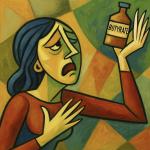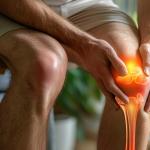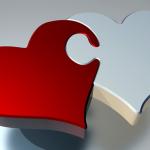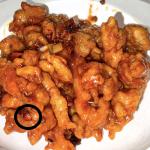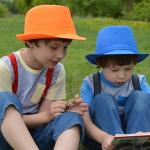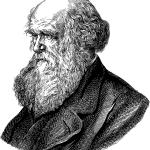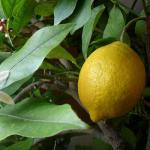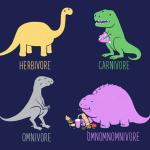It should come as no surprise if you’ve been inundated with health stories about your biome.
evolution
Join Cameron English and Dr. Chuck Dinerstein on Episode 121 of the Science Dispatch podcast as they discuss:
Join Cameron English and Dr. Chuck Dinerstein on Episode 84 of the Science Dispatch podcast as they discuss:
Who is the most widely known military leader in history? Patton? Napoleon? Washington? There are plenty of choices but in my opinion, it has to be General Tso, hands down.
Join Cameron English and Dr. Chuck Dinerstein on Episode 64 of the Science Dispatch podcast as they examine the health effects of porn use:
We have written about peer review at ACSH; here is a slightly different take from Marginal Revolution.
Now we all know that Darwin uncovered the idea of evolution, the survival of the fittest.
Every year the British Medical Journal publishes an issue containing articles, with tongue firmly planted in cheek.
When your dog looks longingly at you as you eat breakfast, out of compassion and sympathy, do you ever find yourself pouring some orange juice into his bowl? Of course not. You might get bitten. Or, at the very least, you'll get a puzzled look.
Consider the phrase, “you are what you eat.” While most frequently, it is applied to our diet’s effect on our health or our microbiome, can diet play a more significant role in evolution’s play?
